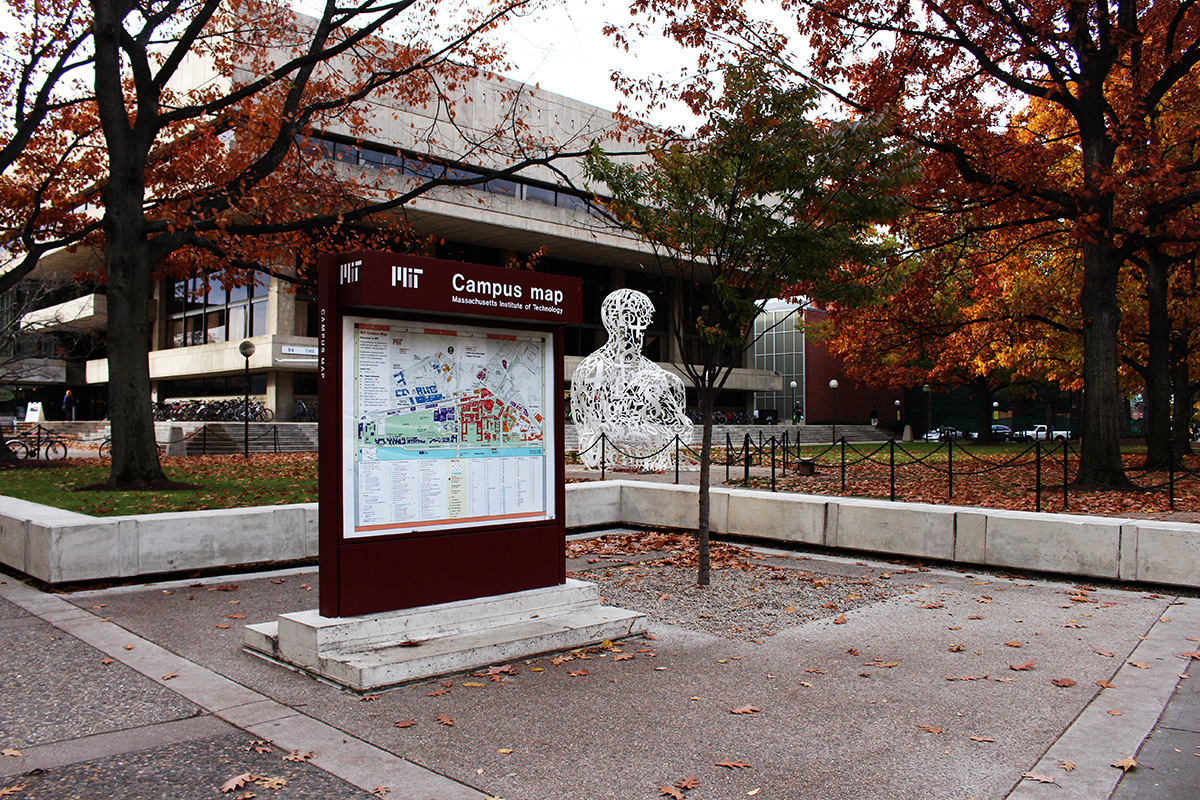MIT Will Not Divest from Fossil Fuels

Photo by Margaret Burdge
On Wednesday, MIT President Rafael Reif released details on the institution’s highly anticipated five-year plan to address climate change. Perhaps the biggest surprise among climate activists is what the university will not be doing—divesting its $12 billion endowment from the fossil fuel industry.
The decision to retain holdings in the fossil fuel industry flies in the face of recommendations from a climate change committee appointed by Reif, which this summer issued a report noting that three-quarters of the committee supported “targeted divestment from companies whose operations are heavily focused on the exploration for and/or extraction of the fossil fuels that are least compatible with mitigating climate change.”
On a conference call discussing the plan, Vice President for Research Maria T. Zuber said they thought “a whole lot” about targeted divestment, particularly whether to divest only from coal, but ultimately concluded that any level of divestment would hinder the ability to work with the industry on future research initiatives. Zuber added that the university does not currently collaborate with coal companies. “We feel like we would have much easier path toward getting coal companies to the table if we didn’t divest from them,” she said.
MIT’s plan refers to divestment as a “dramatic public disengagement” that is “incompatible with the strategy of engagement with industry to solve problems that is at the heart of today’s plan.” Taking a page from Harvard’s playbook, MIT reasoned that it could achieve more on the issue of climate change by sticking to research rather than activism.
Noted climate activist and author Bill McKibben said via email that it’s “sad to see MIT cave before the power of the Kochs,” making reference to the fact that David Koch, whose energy companies have a long track record of environmental destruction, is a lifelong member of The MIT Corporation. “But then, they’re the richest guys on earth, and clearly strong enough to override the considered recommendations of mere students and faculty. It’s an especially poignant decision in these weeks when the proof has emerged that these companies have been lying for decades about climate change,” McKibben adds.
Among the high-level initiatives MIT touted in announcing the five-year plan were “the development of enhanced educational programs on climate change,” the “acceleration of low-carbon energy technology via eight new research centers,” and “measures to reduce carbon use on the MIT campus.”
Members of the student group Fossil Free MIT have long viewed divestment as a way for MIT to emerge as a leader on climate change. Jeremy Poindexter, whose working on his PhD at the institution, previously told Boston that if MIT didn’t divest, “it would be a missed opportunity on an issue that at its heart is a science and technology problem.”
Though the university may be looking to move on from divestment discussions after today, it’s likely Fossil Free MIT and other groups will continue to press the issue well into the future.
“My predictions are that the planet will keep warming, and that a valiant MIT community will keep fighting to make the university’s endowment true to its scientific mission,” McKibben wrote.


